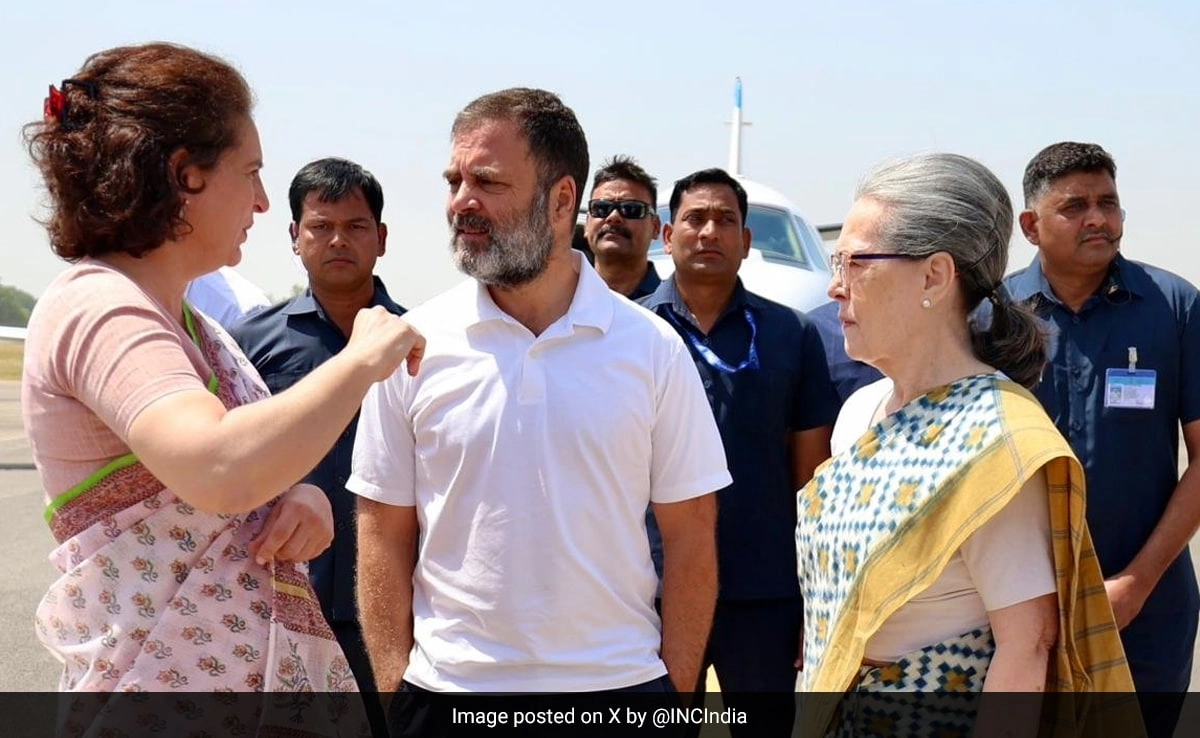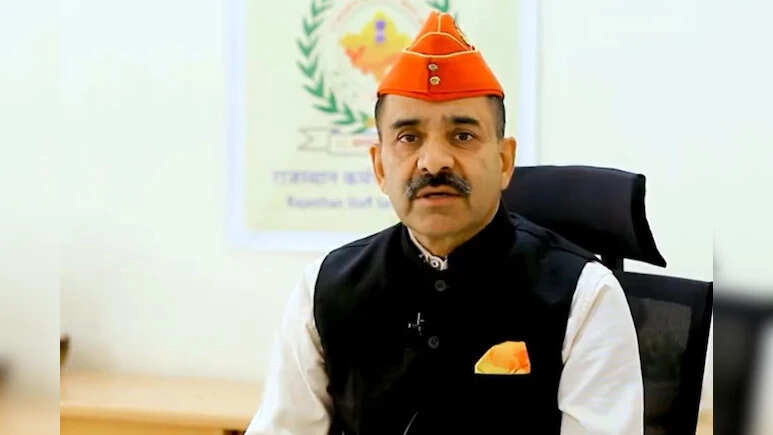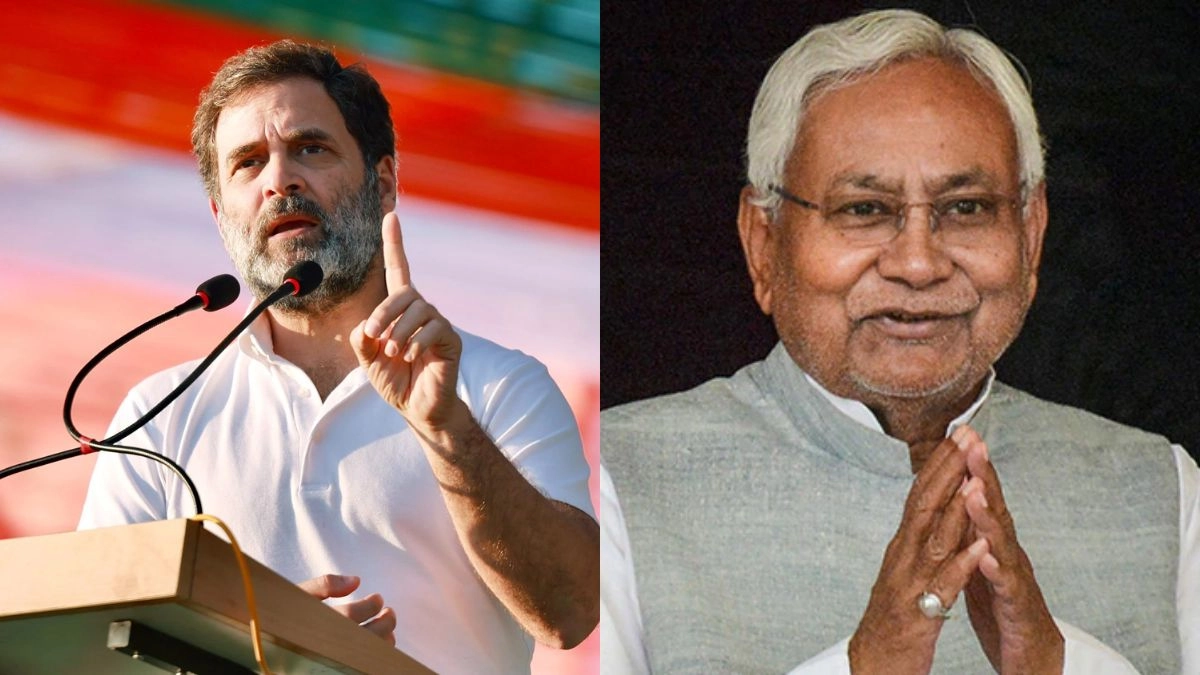In a significant development within the National Herald case, investigative authorities have revealed that approximately Rs 142 crore in financial benefits were allegedly received by associates of the Gandhi family. This revelation has intensified scrutiny over the financial dealings related to the National Herald newspaper, which has been at the center of controversy for several years. The agency’s findings suggest that these beneficiaries may have engaged in transactions that circumvented legal protocols, raising questions about the ethical and financial practices of those involved.
The National Herald case revolves around the acquisition of assets by the Congress party, linked to the publication’s ownership. Investigators have delved into the intricate financial frameworks that allowed for such large sums to be disbursed without appropriate oversight. The Gandhi family’s prominent role in the Congress party has further complicated the situation, as their political influence could potentially shield them from full accountability. The implications of these findings are vast, not only for those directly involved but also for the broader political landscape in India, where issues of corruption and transparency are of paramount concern.
Moreover, this investigation has sparked a renewed conversation about the intersection of politics and media in India. The relationship between political figures and media entities can often lead to conflicts of interest, and the National Herald case exemplifies the potential pitfalls of such ties. As the probe agency continues its work, there is a growing call for clarity and reform regarding financial transactions involving political parties and their associated media outlets. The public’s trust in governance hinges on transparency, and the outcomes of this case may set a precedent for future investigations into similar matters.
In conclusion, the implications of the findings regarding the Rs 142 crore in benefits received by the Gandhi family’s associates are far-reaching. This case not only highlights the need for rigorous financial oversight in political and media dealings but also serves as a reminder of the importance of accountability in public life. As investigations proceed, the spotlight remains on the Gandhi family and their associates, with the potential for significant legal and political repercussions. The unfolding narrative will undoubtedly continue to captivate public interest, as it raises critical questions about the integrity of political institutions in India.




